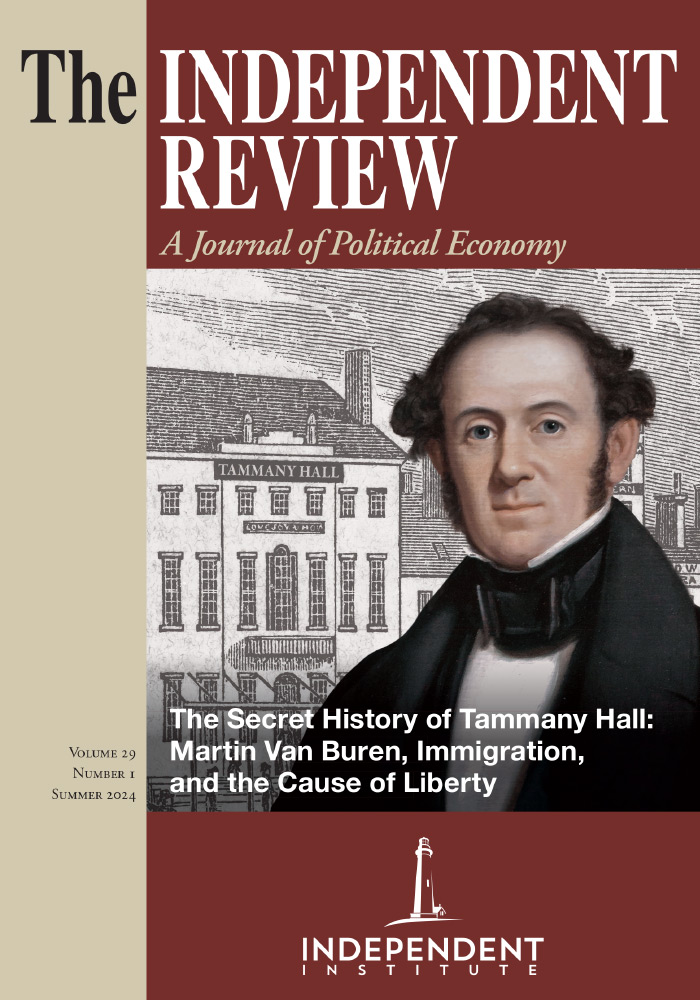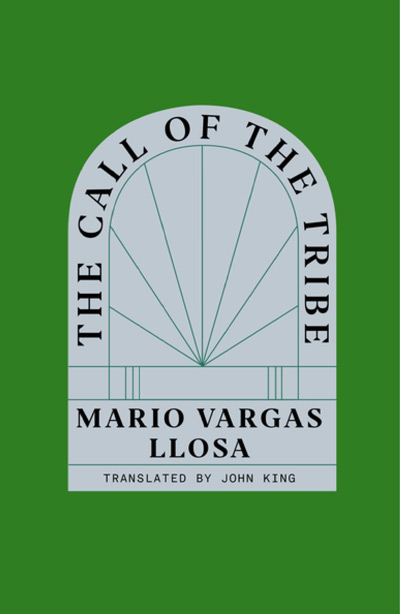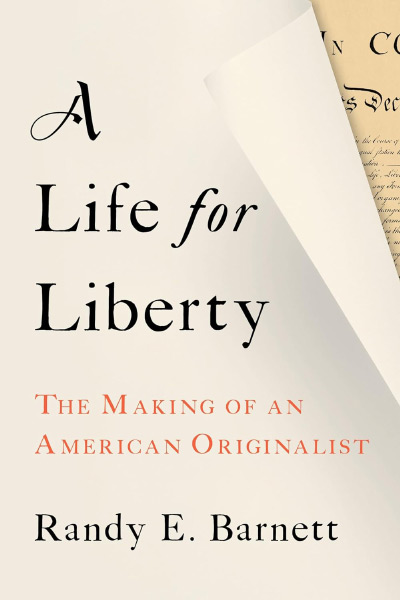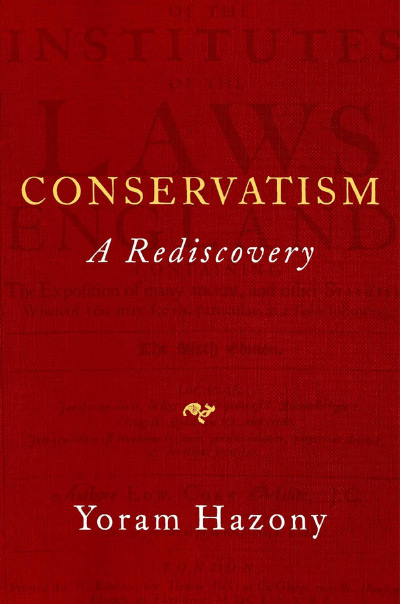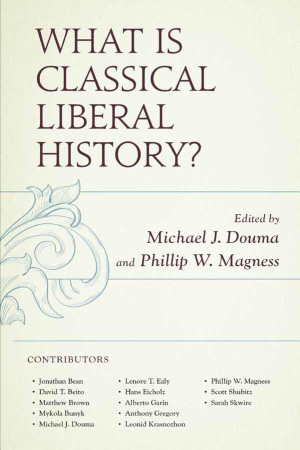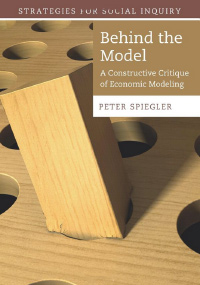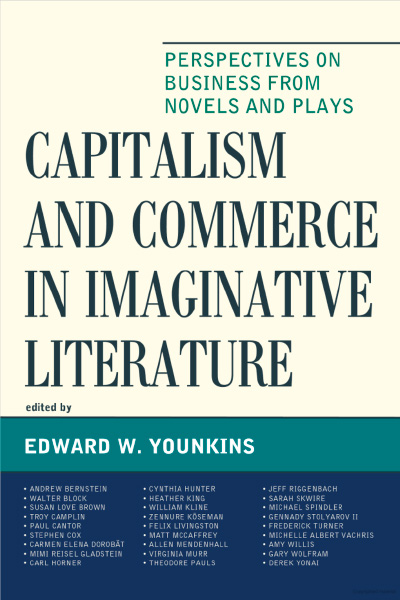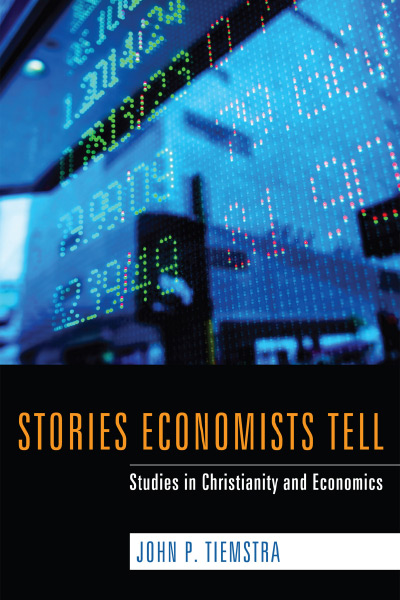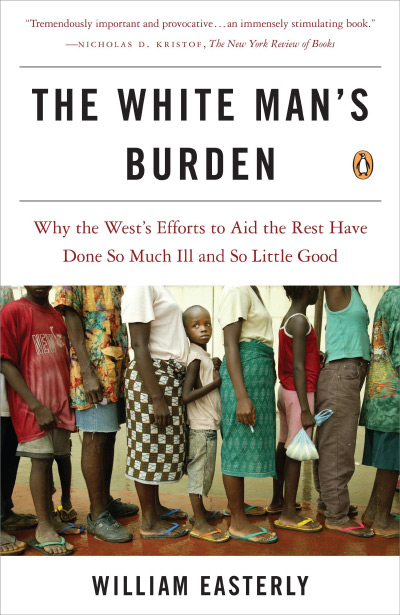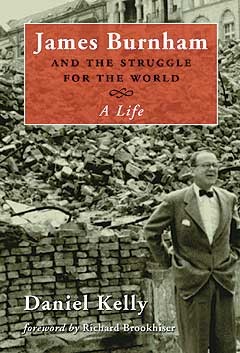Mario Vargas Llosa’s writing career spans six decades and extends from literature to politics, culture, art, history, philosophy, and intellectual discourse writ large. He has written numerous novels, plays, books, and essays, along with countless news articles and columns. His work explores the themes of political power and identity, art and society, liberty and prosperity. And he consistently though often subtly warns readers about the dangers of homegrown tyrants and outside meddlers, particularly in Latin America. Ever the cosmopolitan, Vargas Llosa’s global perspective has won him relevance to broad international audiences. Among many other awards and recognitions, he was the recipient of the 2010 Nobel Prize in Literature. The Call of the Tribe is his intellectual autobiography. It offers readers a first-hand guided tour into the vision of this visionary. It tells the story of this master storyteller. And, importantly for seeing his relevance to political economy, it recounts Vargas Llosa’s early conversion from communist socialism to his ascendance as one of the most important voices in classical liberalism.
Similar to economists who understand that social welfare is rooted in individual choice, Vargas Llosa extols the good of the whole and reviles the exploitation of the individual. He forms a theory of societal harm that is centered on a social dynamic whereby, when presented with the right opportunities, charismatic leaders can tap into a form of public anti-reason, one that promotes the centralization of power and nurtures the collective while erasing individuality, herding the masses like zombies to accept reforms that ultimately oppress and impoverish them. In this way, the “disappearance of the individual into the collective” (p. 66) forms the elemental stuff of authoritarianism and inspires the book’s evocative title.
But in certain countries, and not just in the third world, this “call of the tribe,” which democratic and liberal culture—ultimately, rationality—had sought to free us from, had reappeared from time to time in the guise of dreadful charismatic leaders, under whom citizens revert to being a mass in thrall to a caudillo. This is the substratum of nationalism that I had detested from a very early age, intuiting that it was the antithesis of culture, democracy, and rationality. That is why I had been a man of the left and a communist in my early years; but, in recent times, nothing has illustrated the return to the “tribe” better than communism under which sovereign responsible individuals regress to being part of a mass submissive to the dictates of a leader, a sort of religious holy man, the bearer of irrefutable sacred truths, which revived the worst forms of demagoguery and chauvinism. (p. 16)
Chapter 1 provides a short chronicle in the first person of the events, people, and ideas that converted Vargas Llosa from his early anti-authoritarian communist socialist views to gradually becoming a leading voice in classical liberalism. The desired end is a society of flourishing individuals who are sovereign in their liberties and responsibilities, rational in their orderings of the world, and equal to each other before the law. Vargas Llosa’s conversion story amounts to first recognizing that political institutions comprise the means to those desired ends, and secondly to experiencing the hard lessons that collectivist institutions are not the means they promise to be. He discovered that collectivism promises paradise but instead delivers the gulag. It also takes away people’s books and suppresses their ideas. It cyclically fuels and is fueled by the anti-reason of the tribe.
Growing up in 1940s Peru, Vargas Llosa formed an early “hatred for dictators of any stripe” (p. 4). In college he joined clandestine reading groups that immersed themselves in Marx and Sartre, among others. He began writing. When Fidel Castro toppled Cuba’s Fulgencio Batista in 1958, Vargas Llosa joined the many around the world who viewed it as a heroic achievement that promised a “nonsectarian socialism that would allow for criticism, diversity, and even dissidence” (p. 5). Working as a journalist, and traveling frequently across Latin America and Europe, he “defended the revolution in manifestos, articles, and public acts” for most of the 1960s (p. 6). But in 1968, he returned from a visit to the USSR holding new doubts, shocked by the “widespread apathy [and] collective claustrophobia due to the lack of information about what was happening inside the country and in the rest of the world” (p. 7). For Vargas Llosa at this time, the signs of socialism’s ills were starting to come into view. Meanwhile, he became disaffected with Sartre for revealing that ideas are a ruse to power. Separately but around the same time, he got into trouble with Castro for speaking up about a poet friend who had been jailed for dissidence. “Indignant at this news,” along with five friends who knew him, Vargas Llosa “drafted a letter of protest in my apartment in Barcelona, which was signed by many writers throughout the world. ... Fidel Castro replied in person, accusing us of serving imperialism and stating that we would not step on Cuban soil again for ‘an indefinite period of time’ (that is, for all eternity)” (p. 9). In juxtaposition to this dramatic break from Castro’s collectivism, he would later witness the Margaret Thatcher years from his post at the University of London. As economic liberalization unfolded, he saw “an affirmation of the moral and material superiority of liberal democracy over authoritarian, corrupt, and economically bankrupt socialism that resonated across the world” (p. 11).
Vargas Llosa’s classical liberalism was not shaped by events as much as by ideas. During his post-Cuba years, he began gradually seeking out the writings of liberal thinkers. The Call of the Tribe devotes one chapter each to seven key figures of special influence for Vargas Llosa: Adam Smith (1723–1790), José Ortega y Gasset (1883–1955), F. A. Hayek (1899–1992), Karl Popper (1902–1994), Raymond Aron (1905–1983), Isaiah Berlin (1909–1997), and Jean-François Revel (1924–2006). In this regard, the book is an intellectual autobiography, but one that is dressed as an intellectual history. Readers of The Independent Review will recognize the chapters on Smith, Hayek, Popper, and Berlin as familiar territory. Having never read Vargas Llosa in Spanish (those who have done so understand his work on another level), for me the chapter on Ortega y Gasset was the most intriguing. Here we see Vargas Llosa exemplify his priority on engaging with current affairs. During the first half of the twentieth century, Ortega y Gasset lived to see fascism upend his home country of Spain and wreak havoc through much of Europe and Latin America. He sought to warn his fellow people of the incipient dangers of collectivism. “Ortega always had an instinct for perceiving the great political and cultural events of his time before the wider public did” (p. 59). His writings were critical of dogmatists on both the left and conservative extremes—both harboring dangerous tendencies toward nationalism and dehumanization, two of his key priorities. His famous expression was “Clarity is the courtesy of the philosopher” (p. 167). He sought to elevate contemporary discourse, to bring it up from the filth of duplicity as practiced by collectivist intellectuals. He sought to portray the promise of liberalism in almost utopian but still logical and historically grounded terms. And in this, he leaves a lasting example.
Contemporary liberal thought has much to benefit from the ideas of Ortega y Gasset. Above all, to rediscover that ... liberalism is above all an attitude toward life and society based on tolerance and respect, a love for culture, a desire to coexist with others and a firm defense of freedom as a supreme value. A freedom that is, at the same time, the driving force of material progress, of science, arts, and letters, and of a civilization that has produced sovereign individuals, with their independence, their rights, and their responsibilities that are always held in balance with those of other individuals, protected by a legal system that guarantees coexistence within diversity. (p. 83)
By far the lengthiest chapters are reserved for Popper and Berlin. Here we see Vargas Llosa’s views taking shape regarding reason, contradictory truths, open versus closed societies, hedgehogs versus foxes, positive and negative liberties, science as truth discovery, the virtue of emergent gradualism in reform, and the logical connection between words uttered by individuals and rules adopted by their societies. “Words are always important. If one undervalues them, they can take their revenge, introducing ambiguity, amphibology, double or treble meanings ...” (p. 170). In the fashion of Ortega, warnings such as this one are sprinkled throughout the chapters. In traversing the lives and works of these seven figures, the author ensures that we recall and focus on the political economy lessons learned along the way. The overarching theme is that liberalism, for all it offers, tends to be fragile in the course of human affairs, and consequently there is the need to be ever vigilant in the face of various collectivist threats lurking in the shadows.
Vargas Llosa has no Google Scholar page. Nor can his influence be singularized into a citation count. However, upon entering his world, scholars in the social sciences and humanities will recognize many familiarities. Research on the causes of populism, for example, point to economic conditions as one important factor, as Nicolás Cachanosky and Alexandre Padilla have argued in this journal (“Latin American Populism in the Twenty-First Century,” 2019, The Independent Review 24 no. 2, 209–226). Seen through Vargas Llosa’s lens, history has shown that the call of the tribe tends to resound more clearly amid conditions of economic hardship. The Call of the Tribe is also highly relevant to the younger generations of today, even if they might perceive it to be only indirectly so. For starters, younger readers might enjoy the technological time warp into the information limitations of the middle twentieth century. Many are the instances in this book when we learn of Vargas Llosa searching hopelessly for the writings of this or that author. If it wasn’t in the bookstores or the libraries, and if it didn’t show up at the newsstand, it was difficult to get. Imagine all the world as a pay wall! Now contrast that with the casual interactions fostered by “For You” pages on our more addictive social media platforms, where people’s reason is trained to take a back seat to precognitive urges. At this juncture, Vargas Llosa raises a red flag of warning. Where are today’s substrata of nationalism—in Europe, Latin America, even the United States? Does the fervency of youthful conviction among these generations even know how to begin answering that question? If not, then let us be dismayed, but not surprised, if the mass zombie walk toward authoritarianism arrives at locations near us soon.
The Call of the Tribe is a fine book. Overall, it is a book about the power of ideas. It reminds readers, especially scholars in political economy, that the influence of ideas is often subtle. It can often be detected only through deep historical reading and careful observation of current affairs.
| Other Independent Review articles by Edward J. López | |
| Winter 2006/07 | Kelo and Its Discontents: The Worst (or Best?) Thing to Happen to Property Rights |

